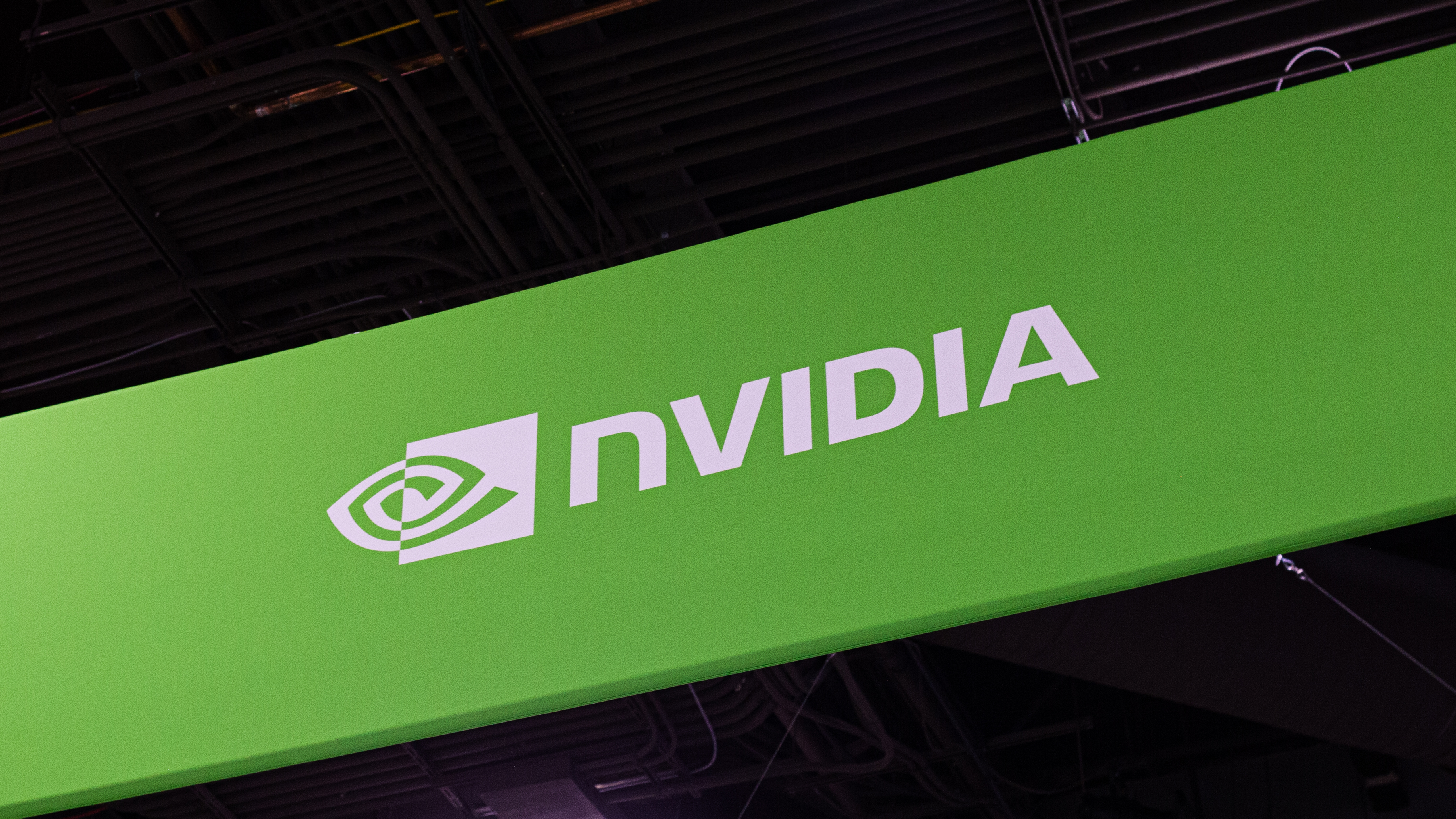Nvidia is teaming up with Deutsche Telekom to build what it’s calling “the world’s first industrial AI cloud” – and continuing to push the idea of sovereign AI.
Nvidia is calling the collaboration “the world’s first industrial AI cloud.” It will be built by next year in Germany and operated by Deutsche Telekom, with the aim of supporting industrial applications including design, engineering, simulation, digital twins, and robotics.
The first phase will use 10,000 Nvidia Blackwell GPUs, as well as making use of Nvidia networking and AI software, the company said. Customers will be able to run Nvidia CUDA-X libraries, as well as Nvidia Omniverse workloads from Siemens, Cadance, and other providers.
“In the era of AI, every manufacturer needs two factories: one for making things, and one for creating the intelligence that powers them,” said Jensen Huang, founder and CEO of Nvidia. “By building Europe’s first industrial AI infrastructure, we’re enabling the region’s leading industrial companies to advance simulation-first, AI-driven manufacturing.”
The “AI factory”, as Nvidia is calling the data center, will be designed using its own Nvidia Ominverse set of digital twin tools. “As part of this blueprint, Cadence’s Reality Digital Twin Platform will be used to simulate and optimize the entire AI factory in a physically accurate virtual environment, enabling the engineering teams to build a smarter, more reliable facility,” the company said in a statement.
Industrial AI for physical AI
Nvidia said that Deutsche Telekom’s AI cloud will help drive AI development and AI adoption in Germany, among startups, major enterprises, and also smaller businesses.
“We must seize the opportunities of artificial intelligence now, revolutionize our industry, and secure a leading position in the global technology competition,” said Deutsche Telekom CEO Timotheus Hottges. “Our economic success depends on quick decisions and collaborative innovations.”
One of the companies that will make use of the data center is Neura Robotics, a German maker of cognitive robots. Neura said it will use the Deutsche Telekom cloud for training AI to power its robots, which can be upgraded with skills for welding or ironing, for example.
“Physical AI is the electricity of the future – it will power every machine on the planet,” said David Reger, founder and CEO of Neura Robotics. “Through this initiative, we’re helping build the sovereign infrastructure Europe needs to lead in intelligent robotics and stay in control of its future.”
Sovereign systems
The announcement comes as part of Huang’s European tour, in which he’s repeatedly pitched the idea of sovereign AI – the idea of a country or region owning its own AI infrastructure, for economic gains as well as to protect its own culture and independence.
“It codifies your culture, your society’s intelligence, your common sense, your history – you own your own data,” Huang told attendees of the World Governments Summit in Dubai last year.
Over the past week, according to Reuters, Huang has made appearances in London, Paris, and Berlin to announce AI infrastructure projects in those regions. In the UK, PM Keir Starmer announced £1bn in funding for AI infrastructure. In France, President Emmanuel Macron called AI infrastructure a “fight for sovereignty” following a partnership between Nvidia and Mistral to build a local data centre. And now the German plans for an “AI factory”, which German Chancellor Friedrich Merz called an “important step” toward digital sovereignty.
That idea of sovereignty has also been backed by Microsoft via its Sovereign Cloud, which will keep customer data within European borders.
Source link
